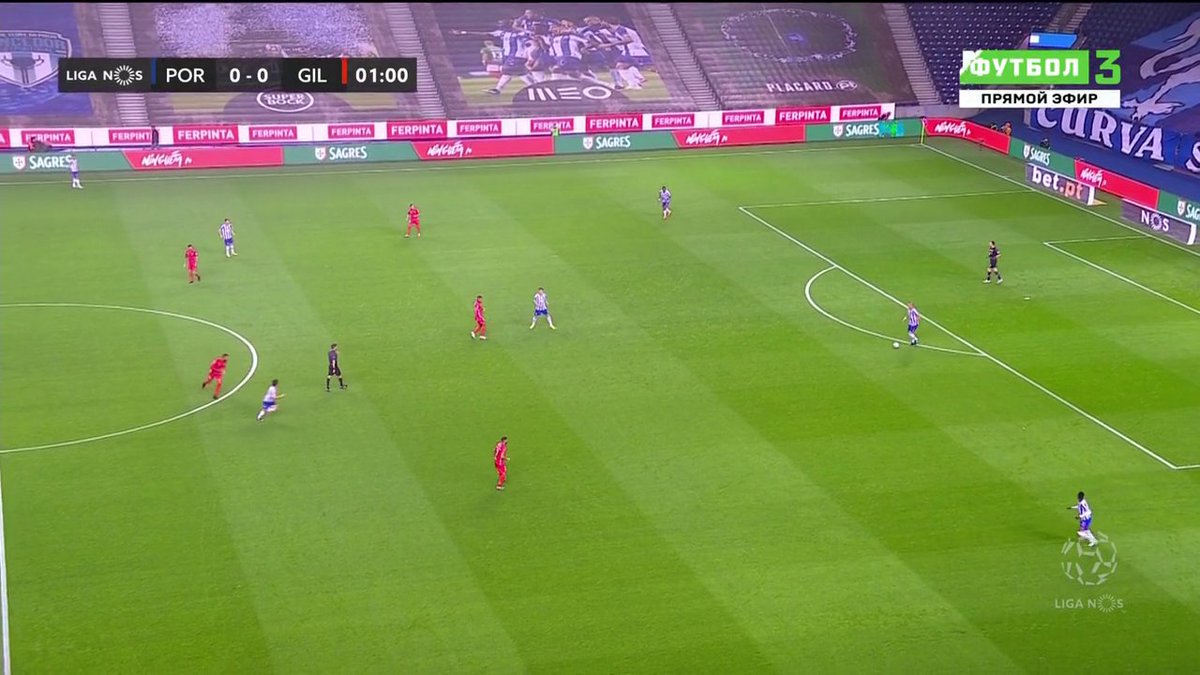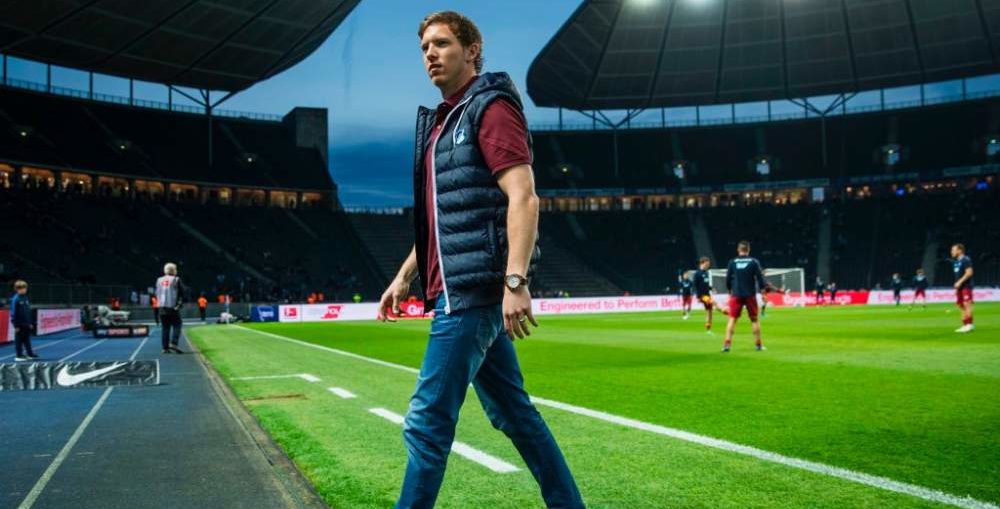
📘Pebbles of Perception by @EndersenL is a hidden gem of a book.
Not even 200 pages, but full of the first principles on how to live a great life.
Here's a list of my favorites 🧵
Not even 200 pages, but full of the first principles on how to live a great life.
Here's a list of my favorites 🧵

💬Rarely the first question that comes to mind is the best one, the one that will get us the answers we need.
Open questions ➡️Open conversations
Be curious. When in doubt, go deep.
Open questions ➡️Open conversations
Be curious. When in doubt, go deep.
There are 2 levels of thinking:
1⃣ you get the most immediate and visible answer. It's clear to everyone.
2⃣ you consider what else might be going on, perhaps caused/hidden by the 1st level.
Know in which level you're operating and which one you need to get to.
1⃣ you get the most immediate and visible answer. It's clear to everyone.
2⃣ you consider what else might be going on, perhaps caused/hidden by the 1st level.
Know in which level you're operating and which one you need to get to.
❌There is no substitute for direct learning from experience, but experiences without reflection won't get you very far. It would be making mistakes and not learning from them.
📚Reading is the best shortcut to make fewer errors + learn more from the mistakes we make.
📚Reading is the best shortcut to make fewer errors + learn more from the mistakes we make.
🪙Incentives alone don't explain anything, but you can't understand anything without the incentives in play.
We get the behaviors we reward, even if we never intended for the behaviors that end up happening.
If we want to persuade we should appeal to interests, not reason.
We get the behaviors we reward, even if we never intended for the behaviors that end up happening.
If we want to persuade we should appeal to interests, not reason.
🤔Always consider the context of the situation you are in. Even if we all know we can never figure out all of it.
⚖️When making decisions remember that we are great at/love comparing alternatives, yet we suck at considering what's missing.
⚖️When making decisions remember that we are great at/love comparing alternatives, yet we suck at considering what's missing.
💯We rarely ask ourselves what makes a fulfilling life. What does it look and feel like?
It's only by answering these questions we can shape our actions towards the life we would like to live.
It's only by answering these questions we can shape our actions towards the life we would like to live.
🤓"When in doubt always invert."
To understand the nature of a life well-lived, it is helpful to consider the nature of a life that has been wasted. And do the opposite of that.
To understand the nature of a life well-lived, it is helpful to consider the nature of a life that has been wasted. And do the opposite of that.
🧠How we relate to fear says a lot about our character.
The majority of our fears are just thoughts attempting to impose the past, or a fearful perception of the future, on the present moment.
Investigate these thoughts, understand they are impostors, and focus on the present.
The majority of our fears are just thoughts attempting to impose the past, or a fearful perception of the future, on the present moment.
Investigate these thoughts, understand they are impostors, and focus on the present.
💎Don't define yourself by 1 thing: what you do, what you like, etc.
It's dangerous to define ourselves by any single aspect because if we lose it we lose all. Explore. Experiment.
We take far less risk than we should, based on misjudged fear of how a loss will impact us.
It's dangerous to define ourselves by any single aspect because if we lose it we lose all. Explore. Experiment.
We take far less risk than we should, based on misjudged fear of how a loss will impact us.
🎯 "Be Yourself" is the lamest advice ever, but having goals and staying true to your values is not.
🛠️ Work smarter, not harder.
An underappreciated aspect of life is that the rewards received are not directly proportional to the effort expended.
An underappreciated aspect of life is that the rewards received are not directly proportional to the effort expended.
❤️ Instead of "following your passion" do as much as possible of what you enjoy doing AND you are good at.
Your passion emerges from this. It's something that follows you and not the other way around.
Your passion emerges from this. It's something that follows you and not the other way around.
🎁 What we truly treasure comes from experiences and not things.
📅 We should give ourselves, as early as possible, the widest array of experiences, so that we have longer to savor them and gain their lessons.
📅 We should give ourselves, as early as possible, the widest array of experiences, so that we have longer to savor them and gain their lessons.
If you enjoyed this thread I published a better summary of Pebbles of Perception on my website. 👇
#book #booknotes #booksummary
filipesilva.me/notes/pebbles-…
#book #booknotes #booksummary
filipesilva.me/notes/pebbles-…
@threadreaderapp unroll
• • •
Missing some Tweet in this thread? You can try to
force a refresh









